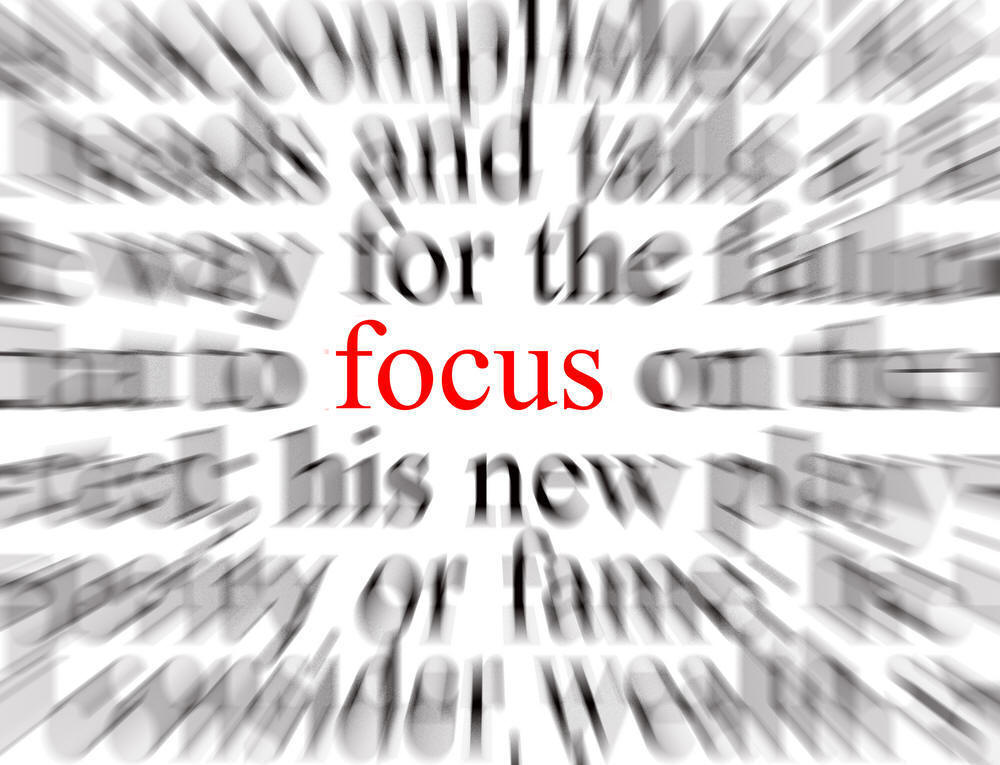In wrapping up the first week of January some of us will have taken steps towards achieving our (written) goals, while others are left wondering where the last week just went.
Falling back into the same patterns is easy enough, as we get sucked into the noise of day-to-day life.
So let’s talk about noise elimination.
Calming mental noise
- Greyscale
About four weeks ago I took the advice offered in this video and converted my smartphone screen to greyscale. It may be scientifically debatable if the lack of contrasting colours truly has calmed my brain waves. I have no empirical data (brain scans for instance) to offer. However, even if it is nothing more than my belief that a greyscale screen calms my mind, and even if I am just benefiting from the placebo effect — I am benefiting.
Without question I stare at my phone less often and for less time.
- App deletion
Removing apps like Facebook, Twitter, Instagram, LinkedIn from your phone also acts like a small speed bump. Sure you can still log in through the web browser, but somehow you just don’t do so quite as often.
- Silence
Last, if you are like me and pretty well never have your phone out of reach, then do yourself and those around you a huge favour: turn off ALL audible alerts.
And for those of you who think ‘vibrate’ counts as silent, wrong. Vibrate is worse. Are we sitting at a conference table, a dining table, on a park bench together? Your phone vibrating is causing a pattern interruption in my brain. And in yours. Stop distracting yourself with useless notifications, dings, blings, and vibrations.
You will never get any deep thinking done.
And here is the thing: you are going to pick up your phone and check it in three minutes anyway. You cannot help yourself. And when it rings, the screen lights up and I guarantee you will notice it and not miss calls. Not while sitting at your desk, where you should be doing that deep work.
Now that your phone has been converted into a silent and totally boring device, let’s move on to your office and dull that down as well.
Ambient music
There is research out there, which I am too lazy to find a link to, that confirms softly played classical or instrumental jazz in an office environment will stimulate productivity, creativity, and focus. For years I used to leave CBC 105.7 playing on a small radio in my office, then I went to Internet radio, then my computer speakers failed and for the past few years I have had nothing. I am fixing that this weekend. Best Buy here I come.
Your computer
Same story as above with regard to alerts. Your computer should be totally silent. It should be new enough that it does not even have a fan that kicks in. Total silence, and no alerts popping up at the bottom right of your screen either. I had to get my IT guy to shut those off. Needless distraction! As if I am not going to check my email every three seconds, or every three minutes, anyway.
Other noise, and the noise of others…
If you are in a private office, as you should be — because the conversations we have with our clients should be just that: private — then you have a high level of control over audible distractions. Implementing the ideas above will be relatively easy. If your workspace is full of distractions, at least you are the only one to blame.
If you are in a shared space things get trickier… unless you are the boss, the one who writes the cheques. Then all of this can become office policy.
ALL alerts shut down, the only remaining sounds being the smooth strains of Kenny G.
However if you are in a bullpen, an open-concept office space…. well first, do whatever you can to get yourself four walls, a door, and ideally a window. This will be a huge investment in yourself, and it will pay significant dividends.
Otherwise, and even in your own private space, invest in quality headphones.
Headphones
Although I sometimes feel like a weirdo with my gigantic over-the-ear Bose headset (less so when I use the Bose MIE-2 in-ear headset) I have to say that a snug-fitting set is great at cancelling out background chatter and noise when we are on the phone. Such headphones are great at allowing us to clearly hear the soft-talkers and to better understand what is being said even in the thickest of accents. Also we have our hands free for typing which is great.
The downside is that with all the background noise around you heavily reduced, you might feel the conversation is private, but the microphone on the headset is not filtered at all, and your clients are hearing far more racket than you are. This again highlights the benefits of having a door to close behind you.
Easily the single biggest distraction-reducing tip is to have a door to close to a private space of your own — you alone.
Happy New Year!
Dustan

